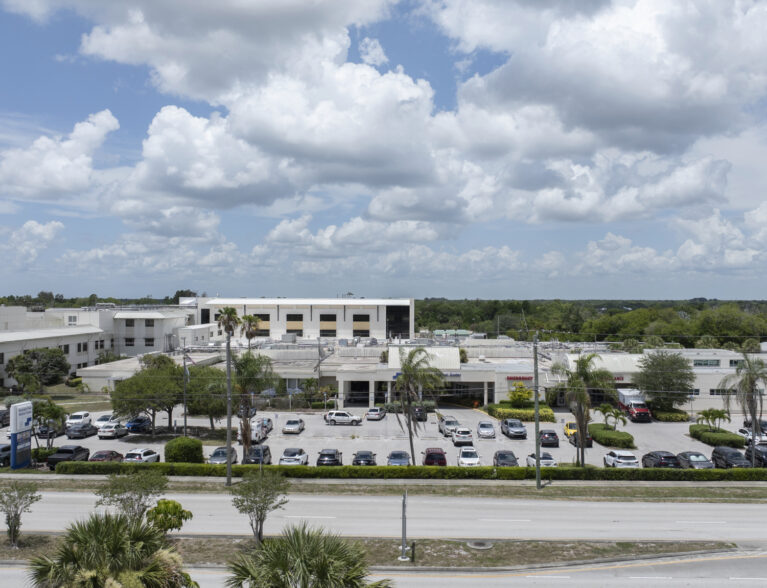
The various physician practices scattered around the Sebastian River Medical Center and owned by the same bankrupt parent company, Steward Health Care System, will have to wait at least another week until early August to learn who their new owner will be.
Apart from owning and running the hospital itself, Steward, like many other health systems, has been buying up physician practices in the area served by their hospitals to ensure a steady supply of referrals of patients.
In and around Sebastian, Steward runs medical practices in several specialties such as gastroenterology, cardiology, pulmonology, orthopedic and sports medicine, as well as an ear, nose and throat specialist practice and a family medicine primary care office. It also owns an internal medicine practice located in Barefoot Bay in Brevard County just across the Saint Sebastian River from the Sebastian hospital.
The asset auction sale was supposed to be split into two parts, with the so-called “first-round” hospitals (those in Southern Massachusetts, Arizona, Arkansas, Louisiana, Ohio, Pennsylvania and Texas) as well Steward subsidiary Stewardship Health, which owns the physician practices, going under the auctioneer’s hammer last Thursday, July 18, after final bids had to be submitted July 15. Successful bidders were then supposed to have been blessed in a final bankruptcy court approval hearing on July 31.
However, it now appears there will be three different auctions as Steward has just separated the sale of its physician practices from the sale of first-round hospitals. The company said it has received expressions of interest for the doctors’ offices from “multiple” potential buyers who all say they need more time to prepare a formal bid, so negotiations are continuing for the moment.
The deadline for submitting bids has now been pushed back by a week, with the final court approval process also expected to be delayed from the original July 31 date by about the same period of time.
When Steward and its various subsidiaries filed for bankruptcy protection in May, the company had been in a final stage of negotiations for the sale of its physician practices to Optum, the pharmacy arm of United Healthcare Group, a leading national health insurance company.
Initially it was reported that the Optum purchase offer would be treated in the bankruptcy asset sale procedure as a so-called “stalking horse” bid, meaning that if other parties would make a higher bid, Optum would be reimbursed out of the eventual sale price for its administrative costs in preparing the bid. However, Optum pulled out of the deal after the bankruptcy court filing and said it was no longer interested.



